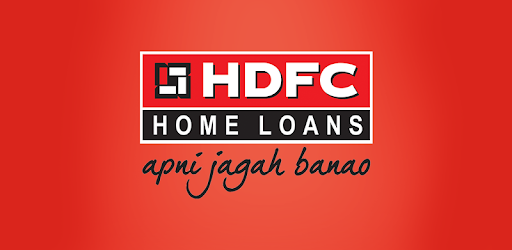Trademark objection in India
What is a Trademark?
A trademark is usually a name, word, phrase, logo, symbol, design, image, or a combination of these elements. Offensive trademarks are rejected by nation’s trademark laws. When a trademark is used for a specific service then it is usually called a service mark. A trademark is an unique identifier for a product or a firm. Owner of a trademark can pursue legal action for infringement of trademark.
Trademark Registration
Trademark registration is a process whose end result is publication of a trademark in trademark registry. Trademark registration involves following steps – Trademark search, filing of trademark, Examination of a trademark, post examination, opposition from the general public and registration of trademark.
Objection to a trademark
Trademark status objection conveys that trademark examiner is not completely satisfied with trademark application. He has raised his concerns or objections to be clarified by applicant. This usually happens due to lack of or incomplete trademark search and hygiene maintenance. To get informed about trademark objection status, applicants need to visit the official trademark registry and enter his trademark application number. You can also check our complete guide on how to check trademark public status online.
Reasons for trademark objection
Trademark examination authority will scrutinize your trademark application in a detailed manner. It is done under existing rules under trademark act of India. Examination authority will issue an objection to a trademark application due to many reasons including usage of incorrect trademark form, wrong information filled in application form, existence of similar trademark etc.
 Examination authority will update the objection in the examination report and the applicant has to make sure that he replies to objections raised in the examination report within a period of 30 days. If no response is received within 30 days then trademark application would lapse and trademark application status would be changed to “Refused”.
Examination authority will update the objection in the examination report and the applicant has to make sure that he replies to objections raised in the examination report within a period of 30 days. If no response is received within 30 days then trademark application would lapse and trademark application status would be changed to “Refused”.
Let us look at some of the important reasons for objection-
- Existence of a similar trademark – The examiner would issue an objection if the trademark filed for registration is similar to an existing trademark already registered in trademark registry. The objection will be raised under section 11(1) of the Trade Marks Act as identical or similar to existing trademarks. This may cause confusion among the masses and trademark authorities need to prevent it. Applicants can reply to this objection by stating how his trademark is different from existing trademark with evidence. This objection also highlights the importance of a complete trademark search done professionally pre registration.
- Trademark has common character – This objection will be raised for trademark which are quite similar to trademark of other individuals or firms. Goods and services should have a distinctive character with other firm’s goods and services. Applicants need to prove that his or her products indeed have a different character of their own.
- Deceptive trademark – A trademark is deemed to be deceptive if it is deceptively similar to another mark if it so nearly resembles that other mark as to be likely to deceive or cause. Applicants can mitigate this objection by applying by filing form TM-16.
- Indistinct specifications for goods and services – This objection could be raised if the examiner finds that a large number of goods and services are filed under application. It is not clear under which goods and services application has been filed.
- Wrong address mentioned on application form – It is important to mention the address of the principal base of applicant. If the correct address or incomplete address is mentioned then trademark objection would be raised in the following manner “The principal base of the applicant should be brought on record by filing a request on TM-16”.
- Application in incorrect form – This objection would be raised if application is not raised in correct form. Trademark examiner would ask the applicant to fill the trademark application in the correct form.
- Wrong applicant name – The name mentioned in application form should match with identity and address proof attached with application. Name of all directors and partners should be clearly mentioned as the case maybe.
- Not filing form TM-48 – It is mandatory to file trademark form 48 or TM-48 if application is being filed by an attorney or an agent.
We have seen various reasons for trademark objection in India. In the next article, we would look into details on how to manage a trademark objection. Meanwhile, you can have a look at different informative articles related to trademark in India-
- Want to know more about different trademark classes?
- How to conduct trademark public search in India?
- Important tips for IPIndia public search
- Advantages of external search over internal trademark search
- Detailed trademark registration process in India
- Documents required for trademark application
- How to check trademark application status?
- Why are Trademarks important?






